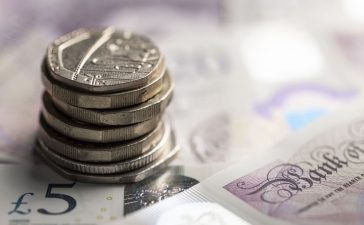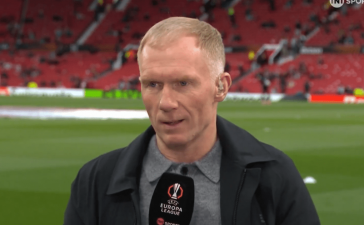
© Reuters.
Honasa Consumer, the parent company of brands such as Mamaearth and The Derma Co., is preparing to launch its initial public offering (IPO) between October 31 and November 2. The company aims to raise ₹1,700 crore ($227 million) at a valuation of ₹10,500 crore ($1.4 billion), according to its Draft Red Herring Prospectus (DRHP). The IPO includes a fresh issue of ₹400 crore and an offer for sale (OFS) of up to 46,819,635 shares by stakeholders including Varun Alagh, Ghazal Alagh, Rohit Kumar Bansal, Sofina Ventures, Shilpa Shetty Kundra, and Kunal Bahl.
The company operates under a ‘House of Brands’ model with a diverse portfolio including Mamaearth, The Derma Co., Aqualogica, Ayuga, BBlunt, and Dr. Sheth’s. Mamaearth has been particularly successful, generating ₹1,000 crore annual revenue within six years of launch. The brand has positioned itself as a direct-to-consumer unicorn addressing the core customer need for safe-to-use, natural products.
The proceeds from the IPO will be used for various purposes including funding advertisements (₹186 crores), new exclusive brand outlets (₹34.23 crores), investment in subsidiary Bhabani Blunt Hairdressing (₹27.52 crores), general corporate purposes, and unidentified inorganic acquisition.
Honasa’s 45-member innovation team develops products across several categories including baby care, face care, body care, hair care, color cosmetics, and fragrances. The company recorded a revenue compound annual growth rate (CAGR) of 193.15% between FY20 and FY22. In FY22, it achieved the highest revenue from offline channels among digital-first beauty and personal care (BPC) companies in India, through its omni-channel distribution networks.
The IPO will be managed by Kotak Mahindra Capital Company Limited, Citigroup (NYSE:) Global Markets India Private Limited, JM Financial Limited, and J.P. Morgan India Private Limited. The company has clarified that there will be no pre-IPO round.
This article was generated with the support of AI and reviewed by an editor. For more information see our T&C.









